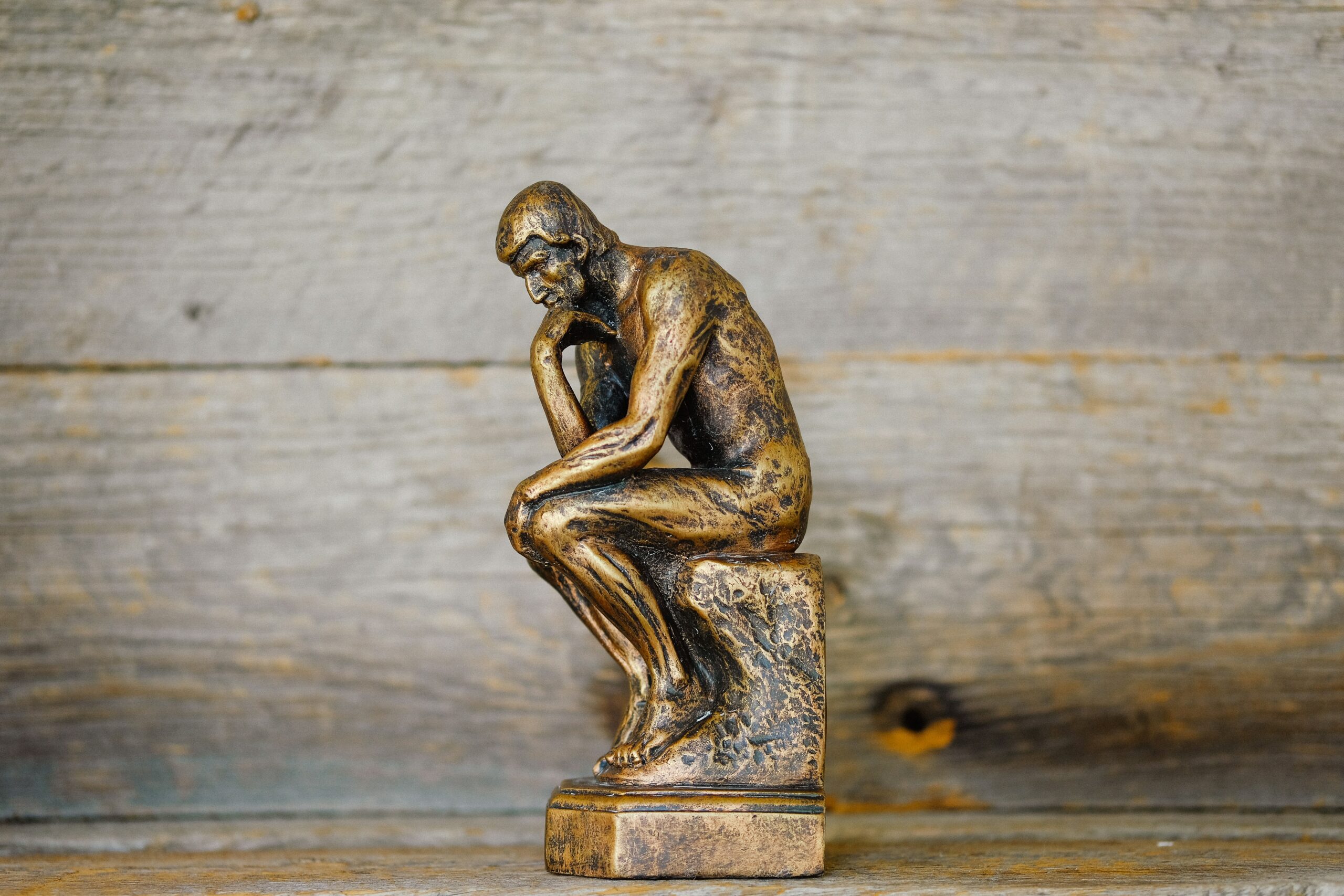In long shot, supine in his apartment at 6:00 p.m., Jef Costello lies in bed with a cigarette whose smoke plumes into the window light. Punctuated by the chirps of a bullfinch in a cage, the portentous quietude of the room prevails until a quote of the samurai’s code appears onscreen, reading as follows: “There is no greater solitude than that of the samurai, unless it is that of the tiger in the jungle…perhaps…”
The final word of that quote is a knowing gesture of the director, Jean-Pierre Melville, who fabricates both the quote and the book, “Bushido”, to which he attributes it; the quote sets the tone of a dexterous and spare policier that is to follow Jef as he navigates the underworld in drifting solitude.
Alain Delon plays Jef Costello as a hitman whose appearance, statuesque and slightly effete, is counterbalanced by his conduct, stoic and unbending; noting this precarious balance contributing to Jef’s character, Roger Ebert writes that “he seems utterly unaware here of his appearance; at times he seems to be playing himself in a dream.”[1]
This dream is a succession of events with slow internal rhythms, one being a medium close-up through a car windshield of Jef, searching through a ring of keys while hijacking the car and staring forward in order to avoid suspicion. There are many such moments of deliberation and suspense, and the pacing is slow without being glacial; the spareness of the editing contributes to this suspense, one example of which is the crosscutting with a sound bridge between the department of the police and the assassins, who discuss the fate of their hitman with a morbid finality.
The editing and the spareness of the plot fortify the peculiarity of Delon’s performance, dovetailing with his character and lending him a richly bleak atmosphere, so that the film achieves a coherent and integrated wholeness; adding to the uniqueness of the film and its legacy, Delon’s character also spawned a new noir type, a savvy and solitary criminality endemic to the region of France.
Writing that “even though Delon’s lack of warmth is appropriate to the character, it’s easy to tire of his android-with-batteries, model-on-the-runway acting style,” Edward Guthmann is in part correct–the performance is invariable, and sometimes even monotonous; but I would argue that because the film has no precedent, has no prior type against which Delon’s character can be measured, the character stands uniquely as itself and is thus rousing, filling the mind with an archetypal impression of cool.[2] To view the film–provided that one has not tired of it, or rejected its monotony–is to glimpse a coolness and a purity of style that are original and inimitable. For all imitation begins here.
- Roger Ebert. “Le Samourai,” rogerebert.com, 8 June 1997, https://www.rogerebert.com/reviews/great-movie-le-samourai-1967 ↑
- Edward Guthmann. “French ‘Samourai’ Never Loses Its Cool,” sfgate.com, 28 February 1997, https://www.sfgate.com/movies/article/French-Samourai-Never-Loses-Its-Cool-2851189.php ↑


